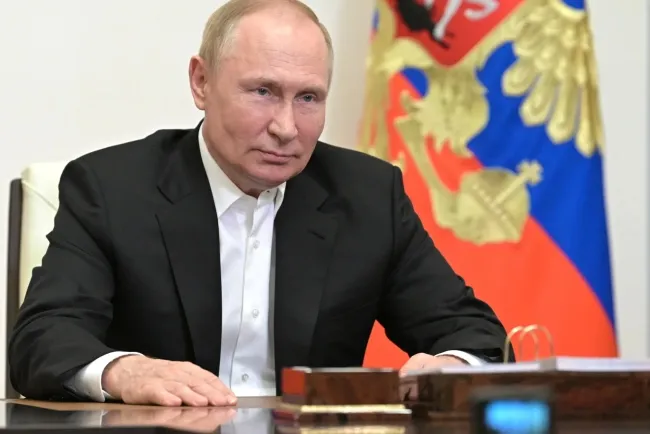India's Strong Response to Pakistan: Implications for Regional Geopolitics
In a decisive series of actions, India has implemented a five-point strategy targeting Pakistan's infrastructure and diplomatic presence, following a brutal attack on tourists in Pahalgam attributed to Pakistani terrorists. This article explores India's recent measures, their significance, and the broader geopolitical ramifications.
India's Decisive Measures Against Pakistan
Ambassador Vinina Sikri, a former Indian diplomat, characterized India's response as strong and necessary. The suspension of the Indus Waters Treaty, which has been a topic of debate for 15 years, signifies a critical shift in India's approach to water management with Pakistan. The treaty, viewed as unequal—allocating 70% of the waters to Pakistan—has long been a point of contention. Sikri emphasized that this decision allows India to utilize river waters for its own needs, particularly for the people of Jammu and Kashmir, amidst Pakistan's mismanagement of water resources.
In addition to water policy changes, India has expelled military attaches from Pakistan, believed to be linked to the Inter-Services Intelligence (ISI), reducing Pakistan's influence and intelligence operations in India. The cancellation of special visas for Pakistanis further isolates the two nations, reinforcing India's stance against terrorism and aggression.
Geopolitical Ramifications
Sikri noted that while these actions are significant, they must be accompanied by robust diplomatic efforts to communicate India's position to the global community. There is a need to clarify that Jammu and Kashmir is an integral part of India and that Pakistan must relinquish its claims over the region. This diplomatic campaign is crucial in countering Pakistan's narrative, which often dominates discussions on international platforms.
The ambassador highlighted the importance of engaging with global leaders, including U.S. President Trump, who has expressed a strong stance against terrorism. By framing Pakistan as a global epicenter of terrorism, India can rally international support and strengthen its position against cross-border threats.
Navigating Regional Tensions
The current geopolitical landscape is complicated by China's support for Pakistan, which includes military aid and resources. India's actions may prompt further scrutiny from China, potentially escalating regional tensions. Sikri suggested that India's diplomatic efforts should focus on countering Chinese influence while ensuring that the message of combating terrorism and securing regional stability resonates globally.
As India moves forward with its strategy, the necessity for effective communication and international collaboration remains paramount. The actions taken against Pakistan are just the beginning; sustained efforts will be required to ensure that India’s concerns are understood and addressed on the world stage.
Conclusion
India's recent measures against Pakistan mark a critical juncture in South Asian geopolitics. With a combination of decisive actions and strategic diplomacy, India aims to reshape its narrative in the face of persistent challenges. As the region watches closely, the outcome of these initiatives will significantly impact future relations between India, Pakistan, and their allies. The path ahead is fraught with complexities, but India’s commitment to safeguarding its interests remains unwavering.
Stay updated with our blog for ongoing insights into the evolving geopolitical landscape in South Asia.
What's Your Reaction?















